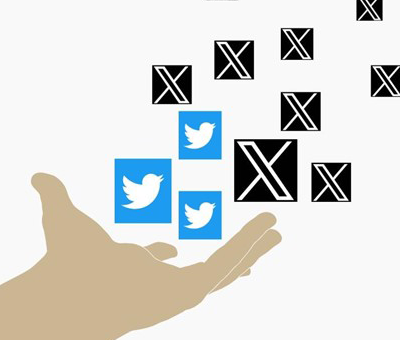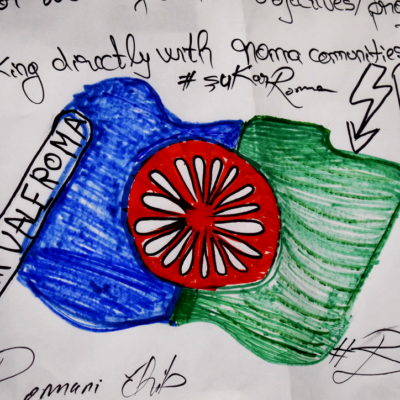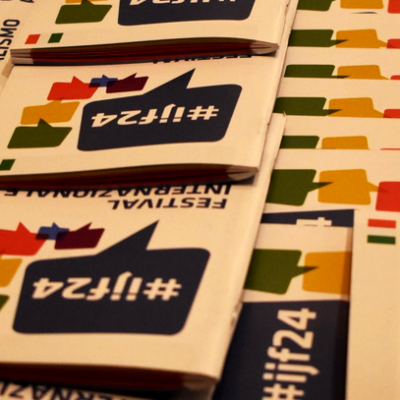Malta is struggling to keep up in the World Press Freedom Index, landing at a measly 73rd place from a list of 180 countries. Here we get into what led to their drop in free press, what Maltese citizens are doing about it, and how Europe can help.
How did Malta's press freedom index get so low?
The name Daphne Caruana Galizia may sound familiar. As a Maltese investigative journalist, Daphne uncovered mass corruption within the local political system and used her platforms to discuss all the dodgy internal affairs. Her most prominent work was the uncovering of the (then) prime minister’s involvement with the Panama Papers. These papers were leaked financial documents including the names of all those laundering money through offshore services. By uncovering this, she cemented herself as a massive investigative figure, pushing the boundaries of freedom of the press.
On the 16th of October 2017, she was assassinated by a bomb placed in her own car. Seven years on, the two hitmen behind this have since been imprisoned, while the alleged mastermind, Yorgen Fenech (a businessman with connections in the local government), is still in preventative custody awaiting trial. Seven years on, the Maltese still have no definite answer as to how far up the organisation of such a savage silencing goes. Seven years on since the initial drop in the Press Freedom Index, we have yet to recover.
Pilatus Bank, one of Daphne’s subjects, followed up on her claims of their alleged involvement in money laundering by sending threatening cease and desist letters (SLAPPs) to local media houses who were continuing to report on the situation.
How did Malta's press freedom index stay so low?
A major part of the criteria when judging a country in the World Press Freedom Index is political context. The Maltese government rotates between only two parties, Labour and Nationalist, each owning their own media houses, ‘One’ and ‘Net’.
Another factor is ‘sociocultural context’. Malta is small. Really small. As in, it’s near impossible for Maltese people to leave their houses without running into family, friends, or someone they’ve been trying to avoid. With that, local journalists tend to fear the backlash after each story published. What will their relatives think? Their neighbours? They then tend to self-censor in the hopes of not disturbing the peace in those cramped social circles.
It can only go up from here… right?
Well, sort of. The latest World Press Freedom Index states that we rose 11 places, which at a glance seems like Malta has grown. In fact, this is due to the worldwide reduction of press freedom. Countries like Russia, Israel, and most prominently Senegal (with a whopping drop of 31 places) are being pushed further and further down the index, forcing Malta into a “better” position.
With us as the 2nd lowest placement of EU countries, second only to Greece, should we really be celebrating?
Daphne’s law is combating SLAPPs
In order for us to look forward, Malta must lean on the European Anti-SLAPP Directive, colloquially known as ‘Daphne’s Law’. This directive aims to protect European journalists from being silenced by unfounded lawsuits, which is especially needed when considering that 44 of 570 European SLAPPs filed in 2022 came from our tiny, sunny Malta.




